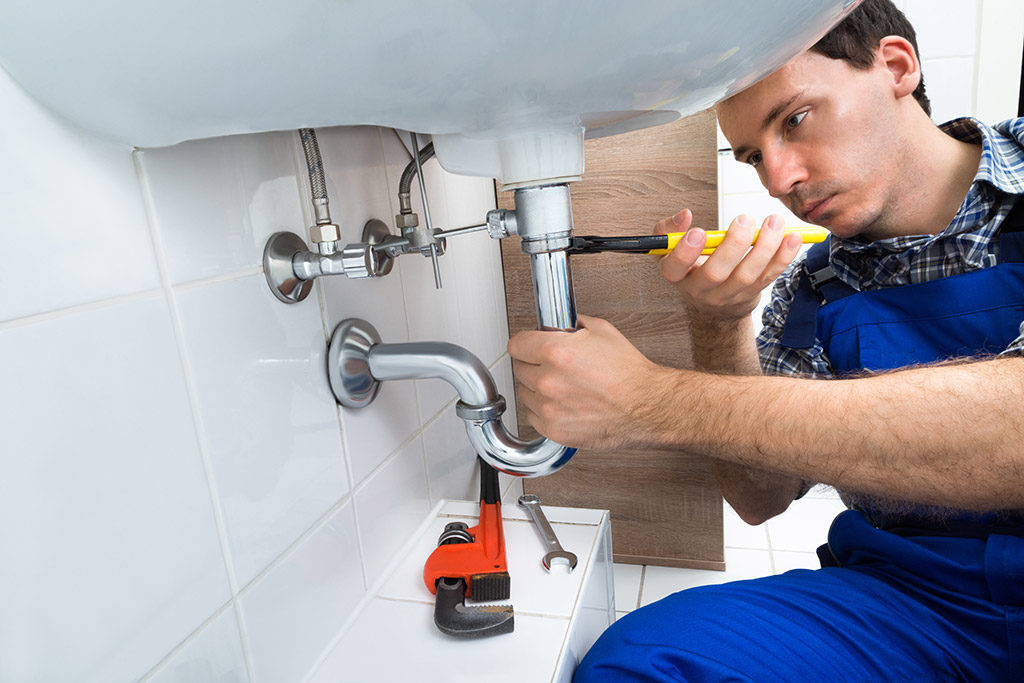In an era marked by technological advancements and evolving security threats, ensuring the safety of your home and loved ones has never been more critical. Home security systems offer a comprehensive solution, combining cutting-edge technology with professional monitoring to safeguard your peace of mind. This article explores the importance of home security systems, their components, and tips for selecting the right system for your needs.
1. Understanding Home Security Systems
- Purpose: Home security systems are designed to detect and deter unauthorized entry into residential properties, providing homeowners with alerts and monitoring capabilities.
- Components: Typical components of a home security system include surveillance cameras, motion sensors, door and window sensors, control panels, and audible alarms.
- Integration: Modern home security systems often integrate with smartphones and other smart devices, allowing homeowners to monitor their property remotely and receive real-time notifications.
2. Benefits of Home Security Systems
- Crime Deterrence: Visible security cameras and signage act as deterrents, discouraging potential intruders from targeting your home.
- Remote Monitoring: With remote access capabilities, homeowners can monitor their property from anywhere, at any time, providing peace of mind while away from home.
- Emergency Response: Professional monitoring services ensure prompt response to alarms, whether it's contacting the homeowner, emergency services, or both.
- Insurance Discounts: Many insurance companies offer discounts on homeowners' insurance premiums for properties equipped with monitored security systems, potentially offsetting the cost of installation and monitoring.
3. Types of Home Security Systems
- Wired Systems: Hardwired security systems are connected to a central control panel via wires, offering reliability but requiring professional installation.
- Wireless Systems: Wireless security systems utilize radio frequency signals to communicate between components, offering flexibility in installation and often featuring DIY setup options.
- Integrated Smart Systems: Smart home security systems incorporate advanced technology and automation features, allowing for seamless integration with other smart devices and home automation systems.
4. Choosing the Right Home Security System
- Assess Your Needs: Consider factors such as property size, budget, desired features, and level of monitoring required when selecting a home security system.
- Research Providers: Look for reputable home security companies with positive customer reviews, transparent pricing, and responsive customer support.
- Customization Options: Choose a system that can be customized to suit your specific needs, whether it's adding extra sensors, upgrading to video surveillance, or integrating with existing smart home devices.
- Professional Installation vs. DIY: Evaluate whether you prefer professional installation for a comprehensive setup or DIY options for flexibility and cost savings.
5. Maintaining Home Security Systems
- Regular Testing: Conduct routine tests of your home security system to ensure all components are functioning correctly, including sensors, alarms, and communication channels.
- Updating Software: Keep software and firmware up to date to ensure optimal performance and protection against security vulnerabilities.
- Battery Replacement: Replace batteries in wireless sensors and control panels according to manufacturer recommendations to prevent system failures during power outages.
6. Conclusion
Investing in a home security system is an investment in the safety and security of your home and loved ones. By understanding the benefits of home security systems, selecting the right system for your needs, and maintaining it properly, you can enjoy peace of mind knowing that your home is protected around the clock. Don't wait until it's too late; take proactive steps to safeguard your home with a reliable security system today.


